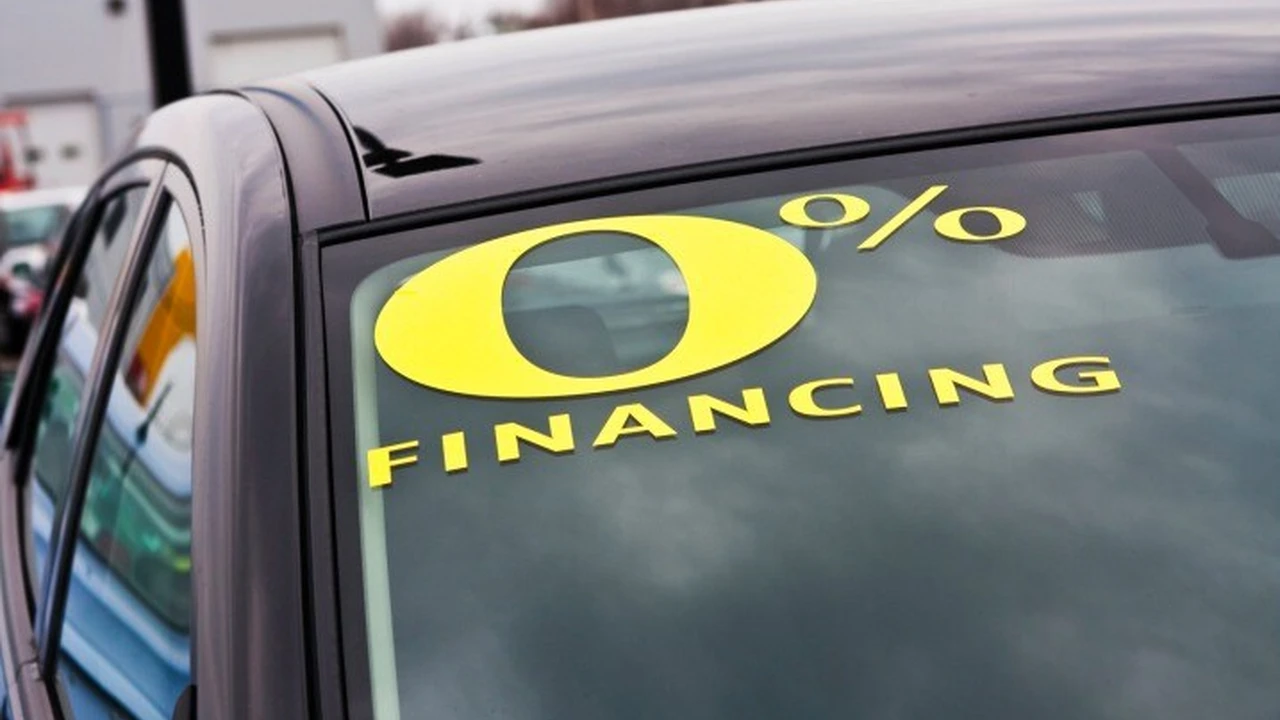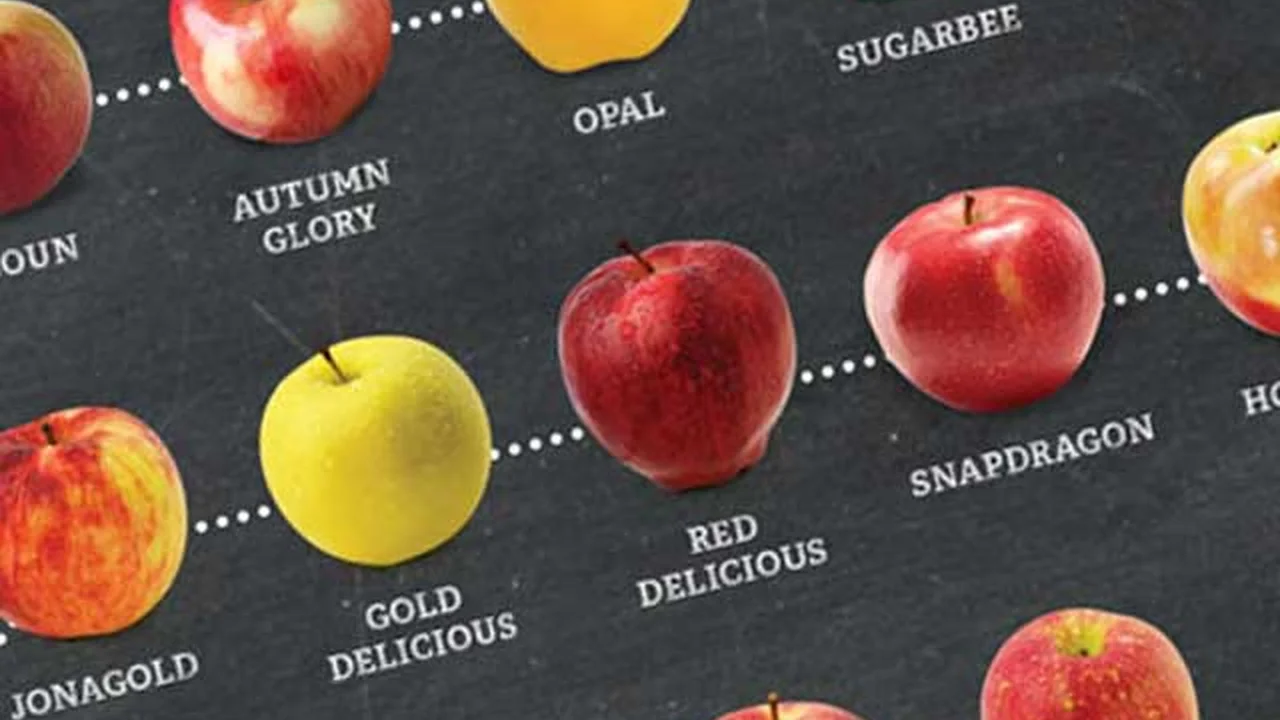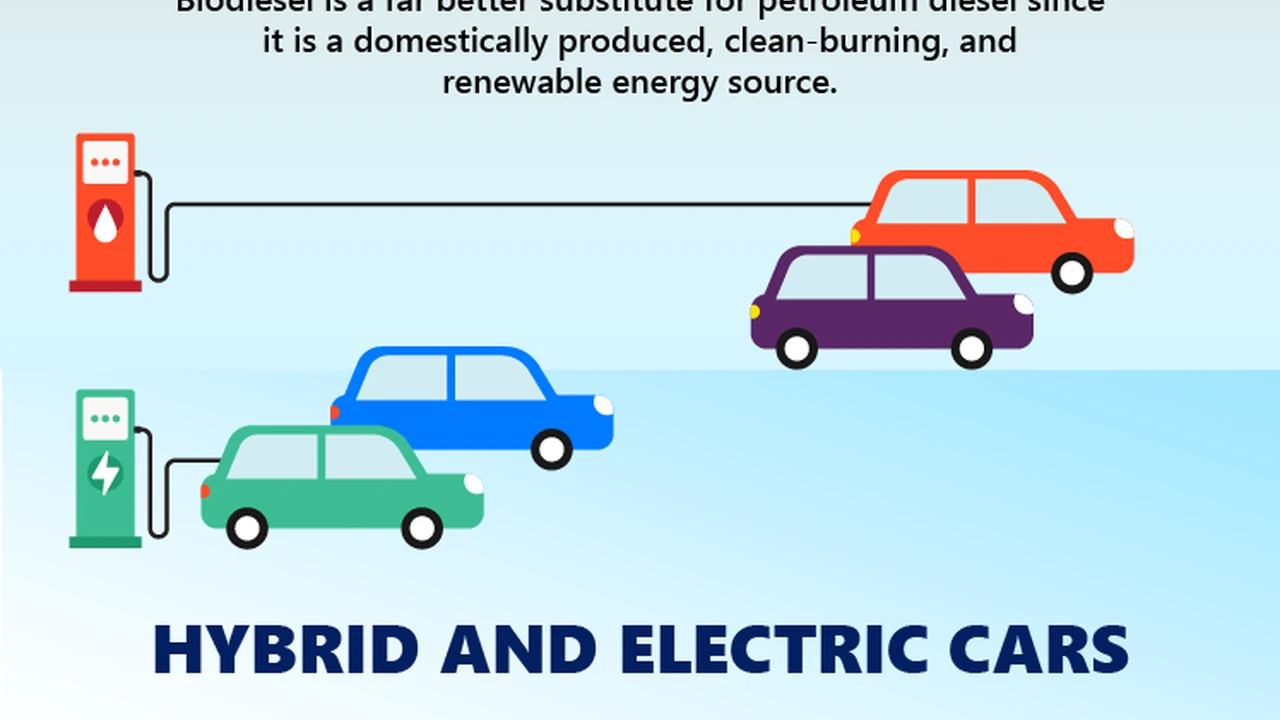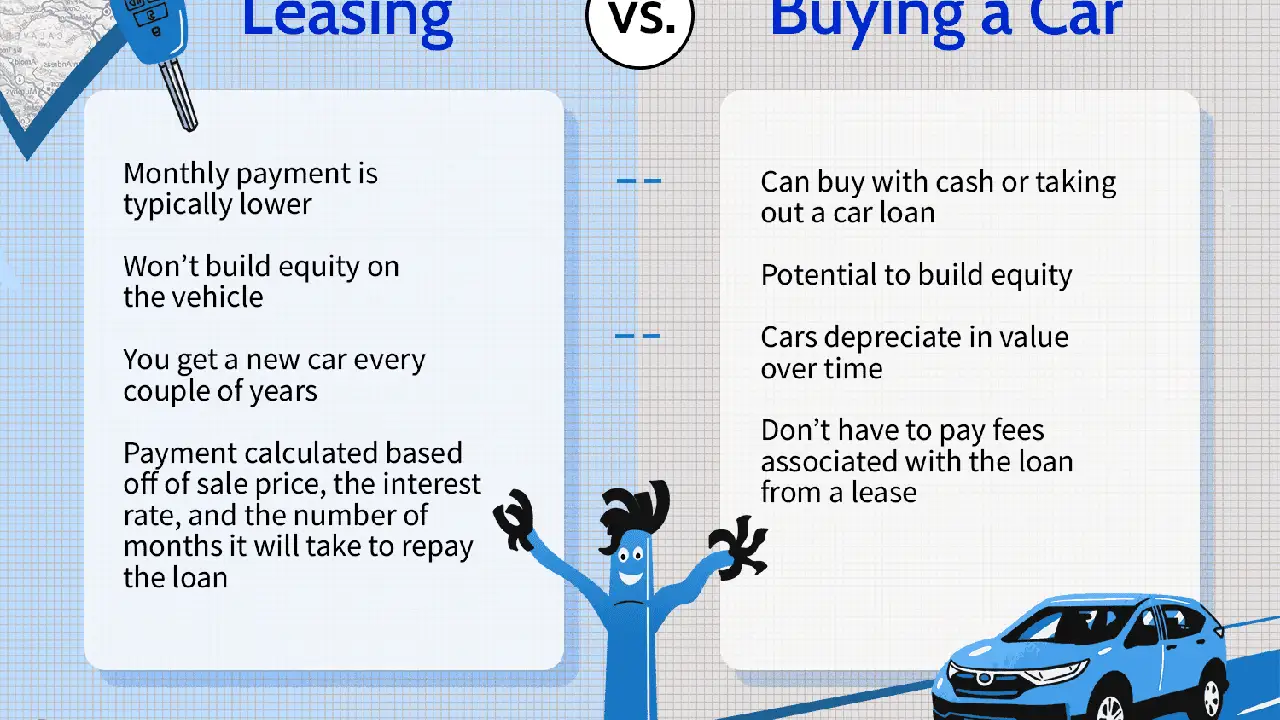Car Leasing Incentives and Rebates: How to Find Them

Understanding Car Leasing Incentives Unlocking Potential Savings
So you're thinking about leasing a car? Smart move! Leasing can be a fantastic way to get behind the wheel of a new vehicle without the long-term commitment and hefty down payment of buying. But did you know you might be able to snag even *better* deals by taking advantage of leasing incentives and rebates? Think of it as finding hidden treasure in the car-leasing world. Let's dive in and see how you can unearth these savings!
What Exactly are Car Leasing Incentives and Rebates
Alright, let's break it down. Car leasing incentives and rebates are basically financial carrots dangled by automakers, dealerships, or even government agencies to encourage people to lease specific vehicles. They're designed to make leasing more attractive and can come in various forms. Think of them as discounts, credits, or even cash back that can lower your monthly payments or reduce the initial amount you need to pay upfront.
Types of Car Leasing Incentives A Comprehensive Overview
The wonderful world of leasing incentives is diverse! Here's a rundown of the most common types you'll encounter:
- Manufacturer Incentives: These are offered directly by the car manufacturer. They often target specific models or trim levels, aiming to boost sales.
- Dealer Incentives: Dealerships also offer incentives to sweeten the deal. These can be more negotiable than manufacturer incentives, so don't be afraid to haggle!
- Government Incentives: In some regions, the government offers incentives for leasing electric vehicles (EVs) or hybrid cars to promote eco-friendly transportation. These are often found at the state or local level.
- Loyalty Incentives: Automakers sometimes reward repeat customers with loyalty incentives. If you've leased from the same brand before, you might be eligible for a discount.
- Conquest Incentives: On the flip side, conquest incentives target drivers who are currently leasing from a *different* brand. It's a way for automakers to steal customers from the competition.
- Military and Student Discounts: Many manufacturers offer special discounts for military personnel and students. Be sure to ask if you qualify!
Where to Find Car Leasing Incentives Uncovering Hidden Savings
Okay, you're pumped about finding these incentives, but where do you actually *look*? Here are some tried-and-true methods:
- Manufacturer Websites: Start by visiting the official websites of the car manufacturers you're interested in. They usually have a section dedicated to current offers and incentives.
- Dealer Websites: Check the websites of local dealerships. They might advertise specific incentives that are available in your area.
- Online Car Leasing Platforms: Websites like Edmunds, Kelley Blue Book, and TrueCar often compile information on incentives and rebates.
- Government Websites: For government incentives, check the websites of your state's energy office or environmental protection agency.
- Ask the Dealer Directly: Don't be shy! Ask the dealer directly about any available incentives or rebates. They might have access to deals that aren't widely advertised.
Specific Product Recommendations and Use Cases Exploring Options
Let's get down to brass tacks and look at some actual cars and potential incentives. Remember, these are just examples, and availability can vary depending on your location and the current market:
Electric Vehicle (EV) Leasing Incentives
EVs are often heavily incentivized due to government efforts to promote clean energy. Here are a couple of examples:
Tesla Model 3
Use Case: Commuting, running errands, long road trips (with Supercharger access).
Potential Incentives: Federal tax credits (passed on as a rebate), state rebates, utility company rebates.
Comparison: Compared to other EVs like the Nissan LEAF, the Model 3 offers longer range and faster charging. However, it's generally more expensive.
Approximate Lease Price: $400 - $700 per month (depending on incentives and trim level).
Nissan LEAF
Use Case: Short commutes, city driving, environmentally conscious drivers.
Potential Incentives: Federal tax credits (passed on as a rebate), state rebates, dealer discounts.
Comparison: The LEAF is a more affordable EV option than the Model 3, but it has a shorter range. It's a great choice for those who primarily drive in the city.
Approximate Lease Price: $300 - $500 per month (depending on incentives and trim level).
Hybrid Vehicle Leasing Incentives
Hybrids also often qualify for incentives, although they may be less generous than those for EVs.
Toyota Prius
Use Case: Fuel-efficient daily driving, long-distance travel (excellent gas mileage).
Potential Incentives: Manufacturer rebates, dealer discounts, potential state rebates.
Comparison: The Prius is known for its exceptional fuel economy. Compared to other hybrids, it offers a good balance of affordability and practicality.
Approximate Lease Price: $250 - $450 per month (depending on incentives and trim level).
Luxury Vehicle Leasing Incentives
Even luxury brands offer incentives, although they might be disguised as special lease rates or options packages.
BMW 3 Series
Use Case: Performance driving, comfortable commuting, stylish transportation.
Potential Incentives: Manufacturer lease offers, dealer discounts, loyalty incentives (if you've leased a BMW before).
Comparison: The 3 Series offers a sporty driving experience and a luxurious interior. Compared to other luxury sedans, it's known for its handling and performance.
Approximate Lease Price: $500 - $800 per month (depending on incentives and trim level).
Negotiating Your Lease Like a Pro Maximizing Savings
Finding incentives is only half the battle. You also need to be a savvy negotiator to get the best possible deal. Here are some tips:
- Do Your Research: Know the MSRP of the car, the market value, and any available incentives *before* you step into the dealership.
- Shop Around: Get quotes from multiple dealerships to compare prices and incentives.
- Negotiate the Price of the Car: Don't just focus on the monthly payment. Negotiate the price of the car *before* you talk about leasing terms.
- Be Prepared to Walk Away: If you're not happy with the deal, be prepared to walk away. There are plenty of other cars and dealerships out there.
- Read the Fine Print: Always read the lease agreement carefully before you sign anything. Make sure you understand all the terms and conditions.
Understanding Lease Terms Demystifying the Jargon
Leasing agreements can be confusing, so it's important to understand the key terms:
- Capitalized Cost: This is the agreed-upon price of the car.
- Residual Value: This is the estimated value of the car at the end of the lease.
- Money Factor: This is the interest rate you're paying on the lease.
- Lease Term: This is the length of the lease, usually expressed in months.
- Mileage Allowance: This is the number of miles you're allowed to drive per year.
- Excess Mileage Fee: This is the fee you'll pay for each mile you drive over the mileage allowance.
Car Leasing Alternatives Exploring Your Options
Leasing isn't for everyone. Here are some alternatives to consider:
- Buying a Car: Buying a car gives you ownership and allows you to drive as many miles as you want.
- Buying a Used Car: Buying a used car can save you money on the purchase price, but it might require more maintenance.
- Subscribing to a Car Service: Car subscription services offer access to a variety of cars for a monthly fee.
Common Car Leasing Mistakes to Avoid Protecting Yourself
Steer clear of these common pitfalls:
- Not Negotiating the Price: Always negotiate the price of the car before you talk about leasing terms.
- Exceeding the Mileage Allowance: Be realistic about how many miles you'll drive each year.
- Ignoring the Fine Print: Read the lease agreement carefully before you sign anything.
- Not Considering the Total Cost: Factor in all the costs of leasing, including monthly payments, insurance, maintenance, and excess mileage fees.
Car Leasing and Credit Score The Connection You Need to Know
Your credit score plays a significant role in your ability to lease a car and the terms you'll receive. A higher credit score typically means lower interest rates and better lease deals. Before you start shopping, check your credit score and take steps to improve it if necessary.
End of Lease Options What Happens Next
As your lease nears its end, you have several options:
- Return the Car: Simply return the car to the dealership and walk away.
- Buy the Car: Purchase the car at the agreed-upon residual value.
- Lease a New Car: Trade in your current lease for a new one.
The Future of Car Leasing Trends and Predictions
The car leasing landscape is constantly evolving. Expect to see more electric vehicle leasing options, flexible lease terms, and online leasing platforms in the future.
Car Leasing Resources and Tools Helpful Websites and Apps
Take advantage of these resources to make informed decisions:
- Edmunds: Edmunds.com
- Kelley Blue Book: KBB.com
- TrueCar: TrueCar.com
:max_bytes(150000):strip_icc()/277019-baked-pork-chops-with-cream-of-mushroom-soup-DDMFS-beauty-4x3-BG-7505-5762b731cf30447d9cbbbbbf387beafa.jpg)






